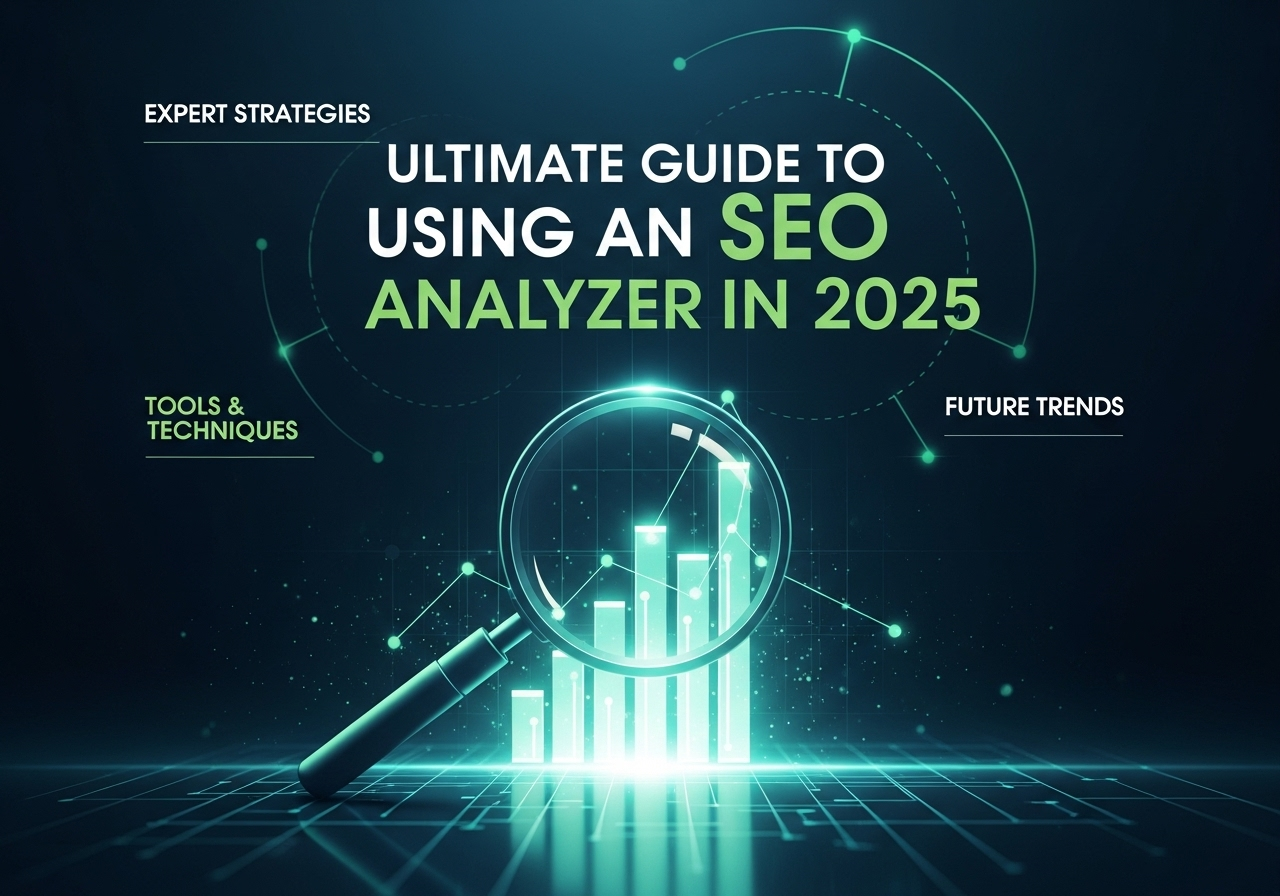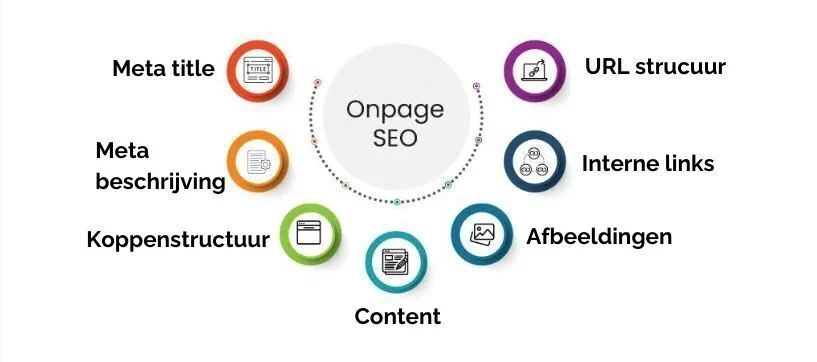Learn how to use an SEO Analyzer effectively to boost website traffic, improve rankings, and streamline on-page SEO. This comprehensive guide includes everything from URL structures to actionable optimization insights.
Ultimate Guide to Using an SEO Analyzer in 2025
Unlocking the Power of SEO Analyzer for Maximum Website Performance
In 2025, SEO is not just about keywords—it’s about technical precision, user intent, and continual optimization. Whether you’re a small business owner or a digital marketing expert, using an SEO Analyzer can elevate your digital presence exponentially. This comprehensive guide explains how to fully leverage SEO Analyzers to audit, optimize, and scale your web visibility.
What is an SEO Analyzer?
An SEO Analyzer is a tool that audits your website and provides insights into areas like keyword optimization, content structure, site speed, mobile usability, and technical SEO issues. It serves as a foundational instrument in SEO strategies by identifying gaps and offering clear, data-backed improvement opportunities.
Popular tools include:
Why URL Structure Matters in SEO
A clean, optimized URL structure improves both user experience and search engine crawling efficiency. Here’s how:
- Readability: Short, descriptive URLs improve CTR.
- Keyword Inclusion: URLs containing target keywords can enhance relevance.
- Hierarchy Clarity: Use subfolders to reflect content organization.
Best Practices:
- Use hyphens (-) instead of underscores (_).
- Keep URLs short and focused (ideally under 60 characters).
- Avoid unnecessary parameters and stop words.
For example:
✅ https://example.com/seo-analyzer-guide
❌ https://example.com/seo?id=123&ref=xyz
Optimizing Meta Titles & Descriptions
Meta titles and descriptions are your first impression on the SERP.
Meta Title Optimization:
- Limit to 60 characters.
- Include primary keyword.
- Reflect page intent clearly.
Meta Description Optimization:
- Max 160 characters.
- Focus on value proposition.
- Include a call-to-action if possible.
Example:
Meta Title: “Ultimate SEO Analyzer Guide for 2025”
Meta Description: “Explore how an SEO Analyzer improves your site’s performance. Optimize structure, titles, and content with our in-depth guide.”
Key Features of an Effective SEO Analyzer
An advanced SEO Analyzer should offer the following capabilities:
On-Page SEO Audit
- Title tag analysis
- Header tag structure
- Keyword density checks
Technical SEO Assessment
- XML sitemap check
- Robots.txt validation
- Mobile responsiveness test
Performance Insights
- Page speed analysis
- Core Web Vitals tracking
- Crawl error reports
How to Use an SEO Analyzer Effectively
- Input Your Website URL
- Select Audit Categories: Choose on-page, off-page, or technical analysis.
- Review Key Metrics:
- Bounce rate
- Time on site
- Organic traffic trends
- Bounce rate
- Act on Recommendations: Address critical errors first (e.g., broken links, missing alt text).
For a personalized SEO audit, visit https://seoagencyinindia.com/.
Enhancing Website Performance With SEO Analyzer
Use SEO Analyzer tools to:
- Discover underperforming content
- Identify low-hanging keyword opportunities
- Improve Core Web Vitals
- Refine meta data and heading tags
Additional Enhancements:
- Optimize image file sizes and alt text
- Implement schema markup
- Improve internal linking
Explore more advanced features at https://seoagencyinindia.com/offerings/.
Integrating SEO Analyzer into Your Digital Strategy
Make SEO Analyzer a regular part of your content calendar:
- Monthly SEO audits
- Competitor gap analysis
- Keyword trend monitoring
- Seasonal content optimization
Get expert help via https://seoagencyinindia.com/contact/
5 FAQs on SEO Analyzer
Q1: How often should I use an SEO Analyzer?
A: Ideally, run a full SEO audit once a month to track and fix issues proactively.
Q2: Is a free SEO Analyzer reliable?
A: Yes, tools like Google Search Console provide valuable insights, but paid tools offer deeper analysis.
Q3: Can SEO Analyzers help with local SEO?
A: Yes. Tools can identify optimization opportunities for Google Business profiles and local keywords.
Q4: Will an SEO Analyzer improve my site speed?
A: It provides recommendations to optimize speed but doesn’t implement them directly.
Q5: What’s the best tool for a beginner?
A: Try Ubersuggest or SEO Site Checkup for easy-to-understand reports and action items.
Make SEO Work for You
An SEO Analyzer is a non-negotiable tool in your SEO arsenal. From assessing URL structure to refining meta tags and improving site speed, this tool helps you stay ahead of the digital curve. By following the practices outlined here, you’ll make data-driven decisions that result in better rankings, improved user experience, and greater ROI.
For a tailored SEO strategy, don’t hesitate to consult the experts at https://seoagencyinindia.com/.



